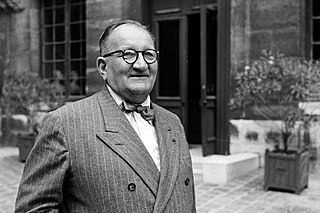A Quote by Samuel Butler
There is no true gracefulness which is not epitomized goodness.
Quote Topics
Related Quotes
Goodness has no opposite. Most of us consider goodness as the opposite of the bad or evil and so throughout history in any culture goodness has been considered the other face of that which is brutal. So man has always struggled against evil in order to be good; but goodness can never come into being if there is any form of violence or struggle.
Because the divine goodness could not be adequately represented by one creature alone, God produced many and diverse creatures, that what was wanting in one in the representation of the divine goodness might be supplied by another. For goodness, which in God is simple and uniform, in creatures is manifold and divided. Thus the whole universe together participates in the divine goodness more perfectly and represents it better than any single creature.
God is goodness itself, in whom all goodness is involved. If therefore we love other things for the goodness which we see in them, why do we not love God, in whom is all goodness? All other things are but sparks of that fire, and drops of that sea. If you see any good in the creature, remember there is much more in the Creator. Leave therefore the streams, and go to the fountainhead of comfort.







































